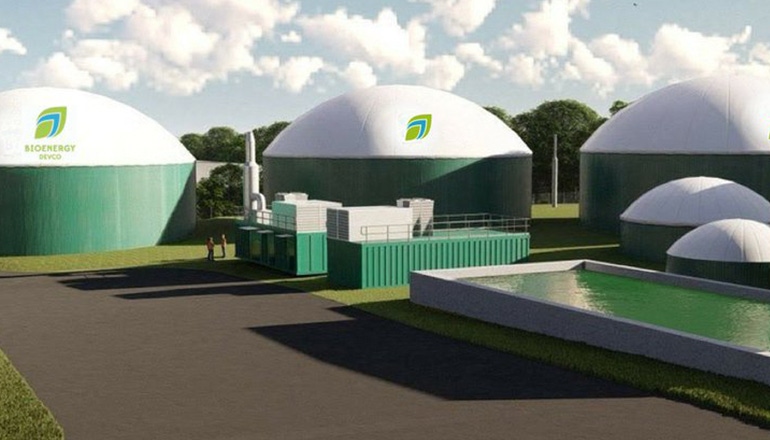Bioenergy will use the capital to expand its North American footprint, working with municipalities and corporations to develop anaerobic digestion facilities.

Bioenergy DevCo, a global developer of anaerobic digestion (AD) facilities with more than 200 plants throughout the world, announced it has received its first institutional investment of $106 million from Newlight Partners LP.
Bioenergy DevCo intends to use this new growth capital to expand its operational footprint in North America, working with municipalities and corporations to develop anaerobic digestion facilities that transform organic waste into renewable natural gas and an organic soil amendment, reducing landfill waste and carbon emissions.
"The support from Newlight Partners allows Bioenergy DevCo to offer a full turnkey solution to cities and corporations challenged by incineration, already crowded landfills and the cost of disposing of organic waste," said Shawn Kreloff, founder and CEO of Bioenergy DevCo, in a statement. "In working with Newlight, we address the strong and increasing demand for our anaerobic digestion technology, which is proven to naturally transform organic waste into clean, renewable natural gas in a way that meets the unique needs of municipalities and companies around the country."
"The Bioenergy DevCo team has delivered proven results at existing facilities and brings with them a bold vision for the future of managing organic waste while producing clean energy. We are proud to help them build this business," said Mark Longstreth, managing director of Newlight Partners, in a statement. "As more cities and corporations look to achieve zero waste, renewable energy and carbon reduction goals, Bioenergy DevCo's technology realizes the promise of delivering economically smart and environmentally friendly organic recycling-to-energy solutions."
Organic waste is traditionally either incinerated and emitted as an environmental pollutant or left in an already crowded landfill where it rots and releases methane, a harmful greenhouse gas that contributes to climate change. AD uses a natural microbiological process to break down organic waste materials and creates two products: renewable natural gas, which can either be injected into the energy grid where it burns cleanly, or compressed as a natural gas and used for transportation fuel. Also produced is digestate, a soil amendment with the same organic and stormwater management capability as compost.
"Cities and companies across the globe are faced with the challenge of disposing of ever-increasing organic waste, the cost of building new landfills and reducing pollution caused by incinerators to meet stricter climate goals, all under tighter budgets," said Steve Lefkowitz, managing partner of Sagewind Capital and founding partner of Bioenergy DevCo, in a statement. "The use of anaerobic digestion is the smart way to solve these challenges because it is good for the environment and is also good for business."
About the Author(s)
You May Also Like


